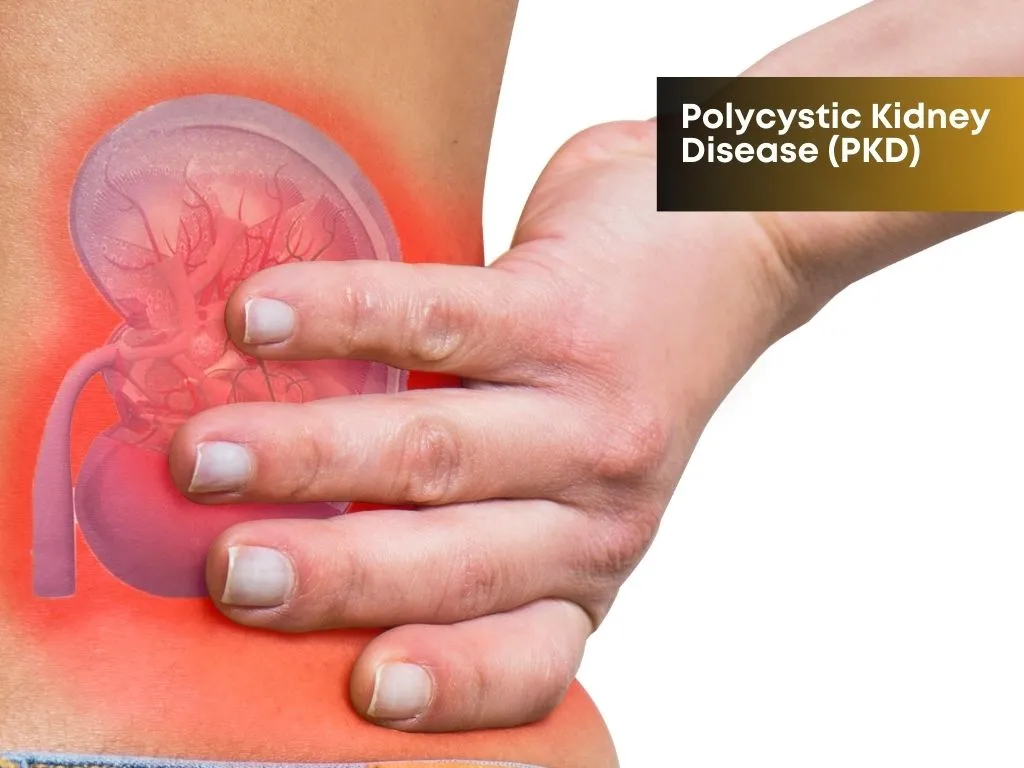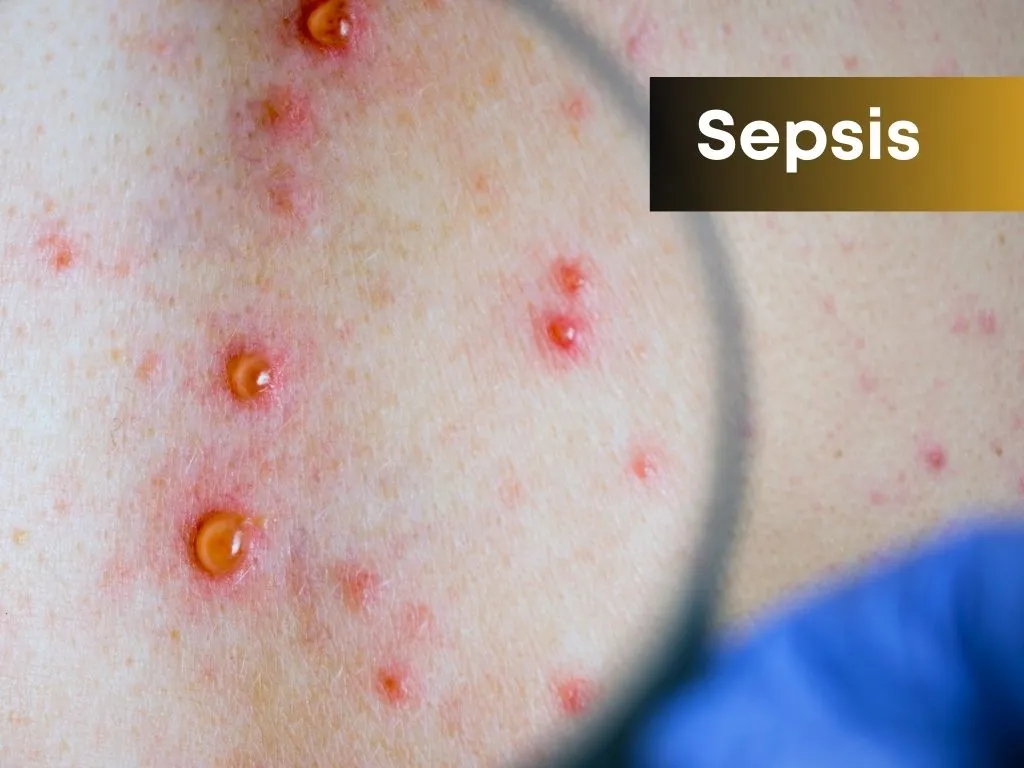Polycystic Kidney Disease (PKD)
-
 Nalamaree Team
Nalamaree Team
- 22 September 2025
Overview
There are two main forms:
- Autosomal dominant (ADPKD) – more common, symptoms appear in adulthood
- Autosomal recessive (ARPKD) – rarer, presents in infants or children
Causes
- Genetic mutations (PKD1, PKD2 genes)
- Family history
- Cysts may also affect liver, pancreas, and brain
Symptoms
- Abdominal pain or fullness
- High blood pressure
- Blood in urine
- Frequent urinary tract infections
- Enlarged, palpable kidneys
Treatment: Modern Medicine
- Diagnosis: Ultrasound, CT/MRI, genetic testing
- Treatment:
- Blood pressure control (ACE inhibitors)
- Tolvaptan (slows cyst growth in ADPKD)
- Pain management
- Dialysis or kidney transplant in end-stage
Treatment: Traditional Medicine
- Ayurveda: Varun, Punarnava, Chandraprabha vati for urinary detox
- Siddha: Sirisurapathai, Keelanelli for cystic conditions
- Unani: Majoon Suranjan, Arq-e-Mundi
- TCM: Polygala, Salvia miltiorrhiza
- Homeopathy: Berberis vulgaris, Terebinthina
- Nutraceuticals: Curcumin, Resveratrol (antioxidants)
Caution
- PKD has no cure, but early intervention can delay complications
- Regular kidney function monitoring is essential
Prevention
- Genetic counseling for families with history
- Healthy lifestyle: low salt, no smoking, exercise
- Control BP and avoid kidney-toxic drugs


.jpg.webp)


















.jpg.webp)
